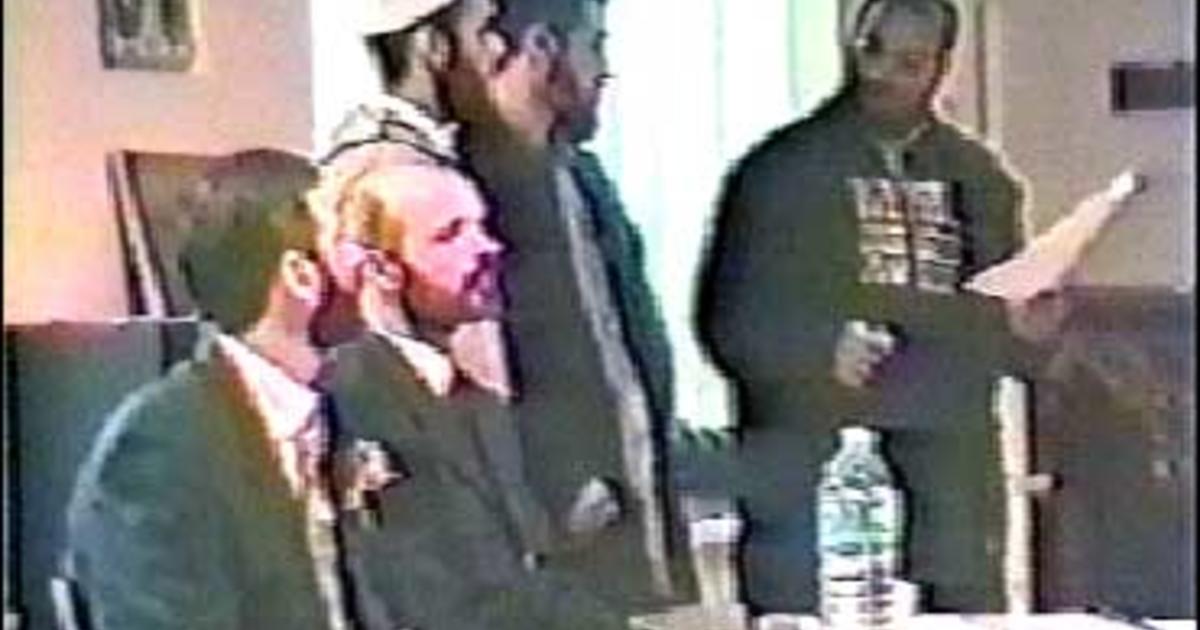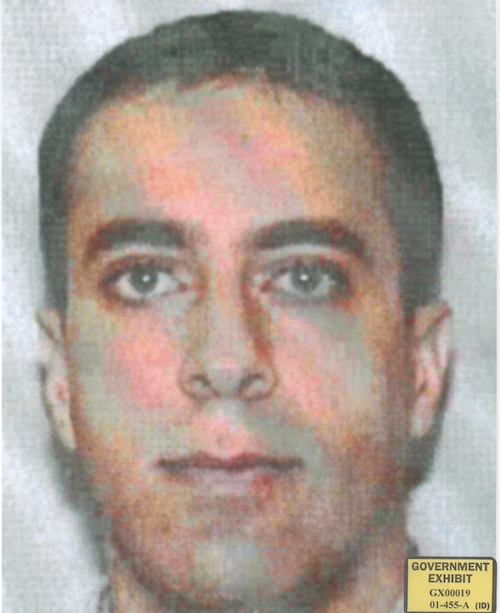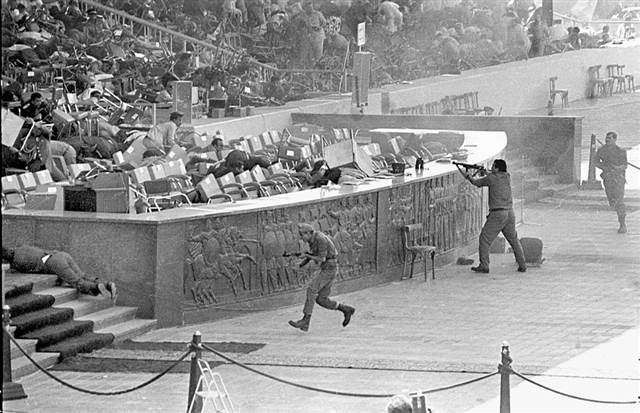Bush and Gore engage in their second debate, at Wake Forest University in North Carolina, and covering foreign policy, focused very much on Iraq.
Bush calls for a less interventionist foreign policy, saying, “If we’re an arrogant nation, they’ll resent us.” Gore responds, “I think we also have to have a sense of mission in the world.”
Bush says that America’s leaders “…must be… humble in how we treat nations that are figuring out how to chart their own course.” He says that U.S. should “reach out to moderate Arab nations, like Jordan and Egypt, Saudi Arabia and Kuwait.”
He says that “the coalition against Saddam has fallen apart or it’s unraveling” and that “sanctions are being violated.”
“We don’t know whether he’s developing weapons of mass destruction,” Bush says, adding, “He better not be or there’s going to be a consequence should I be the president.”
Citing the absence of inspectors, a fractured coalition, and Iraqi meddling in the Middle East, he says that “it’s going to be important to rebuild that coalition to keep the pressure on him,” never actually voicing regime change as a prerequisite for an Iraq policy. But he aligns himself with the Clinton administration, saying that what he is basically proposing is no different than what is current policy.




